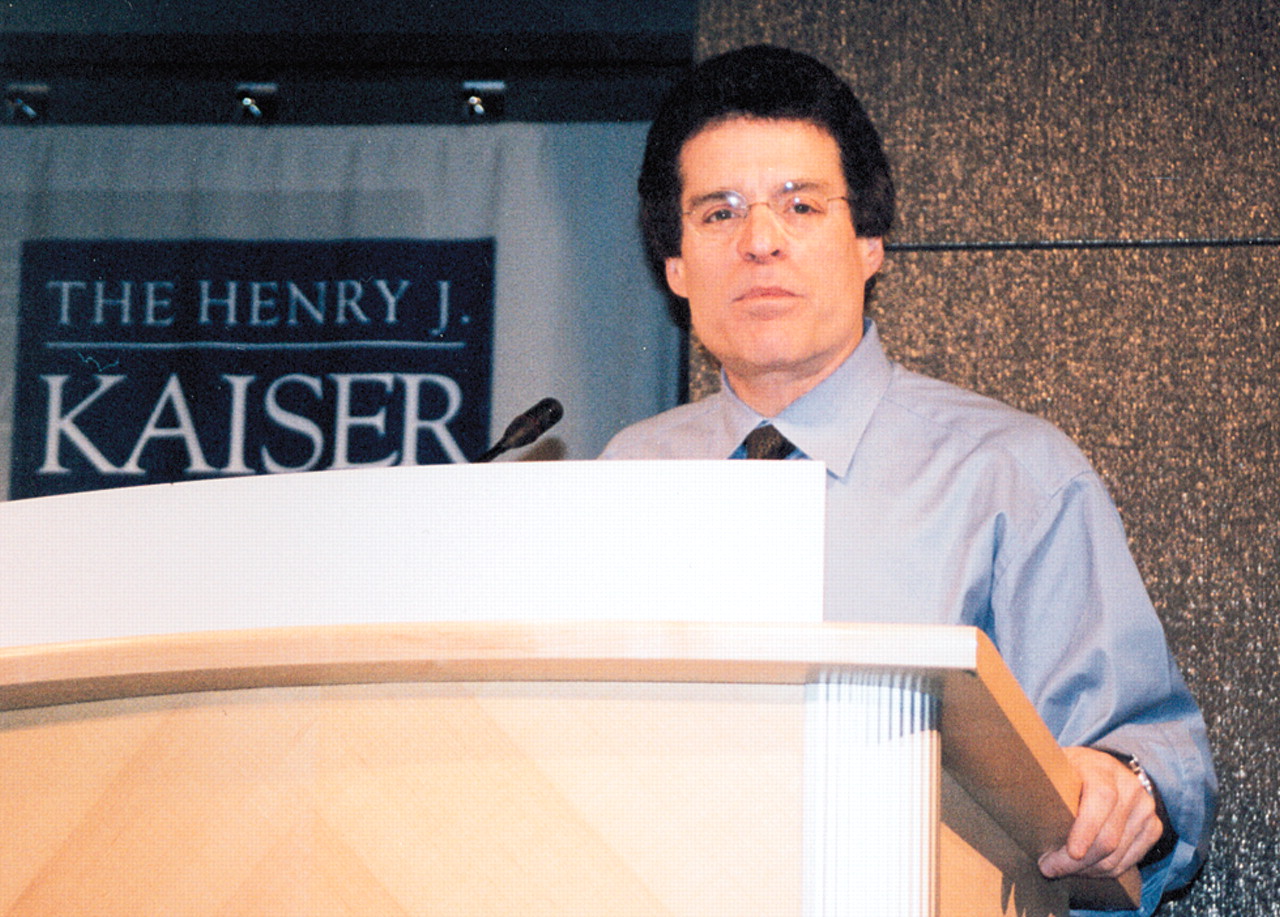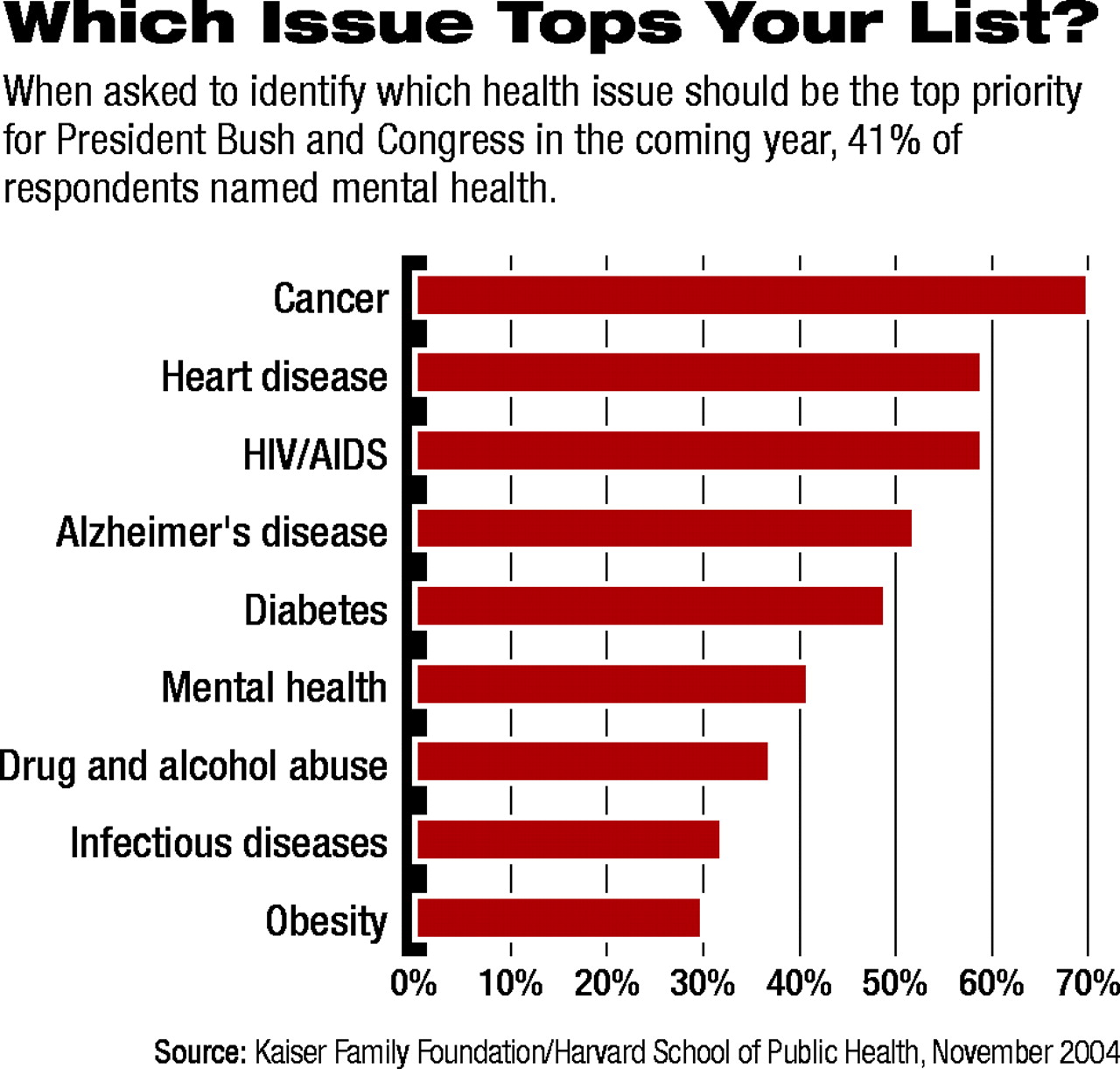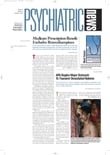Lowering health care and insurance costs ranked number one on Americans' list of health care topics that should be addressed by President Bush and Congress, according to a post-election survey.
About 63 percent of Americans polled thought that the president and Congress should address rising health care costs. Slightly less (58 percent) indicated that making Medicare more financially sound was a top priority, followed by increasing the number of Americans with health insurance (57 percent). Increasing federal funding for stem cell research ranked last (21 percent).
In a survey designed and analyzed by the Henry J. Kaiser Family Foundation and the Harvard School of Public Health, researchers contacted a nationally representative, random sample of 1,396 respondents over the age of 18 by telephone last November after the general election and asked for their opinions about a number of issues regarding health care policy.
The Henry J. Kaiser Family Foundation is a private, nonprofit foundation that disseminates information on the analysis of health care issues. The foundation is not associated with Kaiser Permanente or Kaiser Industries.
Of those polled, 1,126 said they voted in the election, and within this group, 42 percent indicated they voted for John Kerry, and 47 percent said they voted for President George W. Bush.
When respondents were asked in an open-ended question to name what they thought was the most important priority for Bush and Congress to address in 2005, health care was the third-most-common answer, after the war in Iraq and the economy.
When the responses were tallied by political affiliation, health care ranked third for Democrats and fourth for Republicans.
“It's not that people aren't worried about health care,” said Kaiser Family Foundation President and CEO Drew Altman, Ph.D., at a press conference in Washington, D.C., last month. “It's just that when it came to voting, there were other things on their minds.”
When presented with a list of possible factors that might contribute to rising health care costs, 29 percent cited the high profits made by drug and insurance companies as the most important, followed by the number of malpractice lawsuits (22 percent).
Just 7 percent cited the costs of medical technology and drugs, a factor many health care experts say is a major cause of rising health care costs.
Respondents were also presented with a list of nine disorders or conditions and asked which should be a top priority for government in terms of prevention and intervention. Almost three-quarters of respondents chose cancer as a top priority. Heart disease and HIV/AIDS tied for second (59 percent each), and mental health and drug and alcohol abuse were ranked sixth and seventh (see chart).
“The conditions the public perceives as behavior related” ranked fairly low on a list of diseases that also included diabetes and Alzheimer's disease, observed Mollyann Brodie, Ph.D., vice president and director of public opinion and media research at the Kaiser Family Foundation.“ Perhaps it's because they question whether Congress or the president can do something about issues such as these.”
These were among other findings from the survey relating to malpractice reform and other health care policy issues:
•
Seventy-two percent of respondents said they favor legislation to prohibit people from filing medical malpractice suits unless a qualified independent medical specialist reviewed the claim and thought it reasonable.
•
More than 60 percent supported a cap on damages for pain and suffering in medical malpractice suits.
•
Seventy-three percent of respondents said they favor changing the law to allow Americans to buy prescription drugs imported from Canada if the cost was lower.
•
About 45 percent said they are willing to pay more to expand health insurance coverage to the uninsured.
•
Of those respondents over the age of 65, 46 percent said they had an unfavorable view of the Medicare law enacted in 2003, and a quarter said they did not know enough about the law to offer an opinion.
According to Altman, the survey findings indicate a “growing and profound personal concern about health care driven by worry about health care costs.”
He also noted that “there is little change in the political landscape that would support large-scale health care reform” aimed at reducing those costs.
The results of the 2005 Health Care Agenda and Election survey are posted at<www.kff.org/kaiserpolls/pomr011105pkg.cfm>.▪


